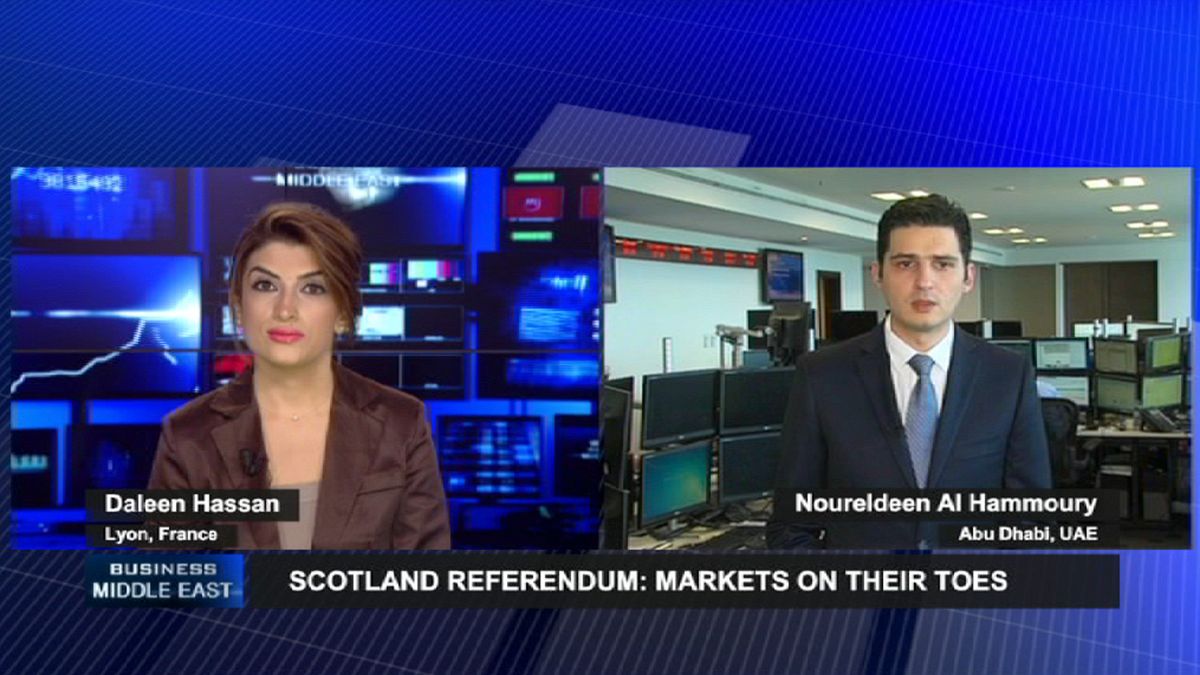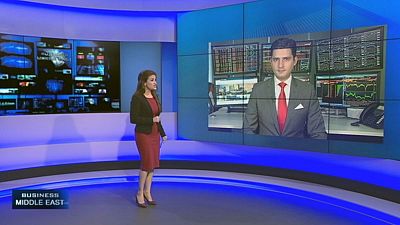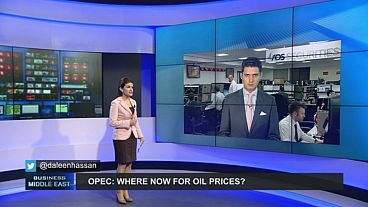In this week’s edition of Business Middle East, we examine
the upcoming independence referendum in Scotland.
To be, or not to be in the UK, that is the question to which Scotland will answer either “yes or no” on Thursday. Much of the concern has been focused on the potential impact on the sterling.
At the same time, questions have been raised in the Gulf countries about oil prices, in the event that Scotland quits Britain
During an emotionally-charged and hastily-arranged visit to Scotland to shore up the ‘No’ campaign British Prime Minister David Cameron pleaded with Scots not to break up the UK’s “family of nations”.
‘Yes’ campaigners believe independence is a natural step, and claim that Scotland’s economy, free from the restraints of being in the United Kingdom, would thrive.
There has also been much debate over the
future ownership of the North Sea oil fields.
The Scottish government suggests the fields would underwrite the country’s economy post-independence.
Oil and gas will remain the topic of discussion in the case of secession. This could have an impact on crude prices, which would in turn affect the revenues of countries dependent on the oil business, such as those in the Gulf region.
The other area of concern is, if there is a ‘yes’ vote whether the pound will remain the national currency.
Sterling has been subject to large fluctuations during the run-up to the referendum, which has helped some Middle East currencies.
The Saudi riyal rose by almost 4.5 percent against the pound last month and the UAE’s dirham gained almost as much.
Scottish voters now hold the key to their economic future, and the financial markets are looking on with concern.
For a further insight into the referendum’s effect on Middle East markets, euronews’ Daleen Hassan spoke to Chief Market Strategist with ADS securities in Abu Dhabi, Noureldeen Al Hammoury:
euronews:
“This week represents an historic decision by Scotland. How will markets react? What are expectations for sterling?”
Noureldeen Al Hammoury:
“The markets are likely to be very sensitive to the media polls in the next few days until the referendum results are announced. Sterling stabilised recently around 1.62 as there were many polls which came in with mixed outcomes. But on Friday, it will be a different story. If the Scottish vote is ‘yes’, then the pound is likely to break through the 1.60 barrier, and may even decline toward 1.58, while if Scotland decided to stay within the UK, this would be a positive factor for the pound in the short and medium term, as the markets will start to price in a rate hike by the BOE next year and the pound may recover above 1.65 again.”
euronews:
“What effects could this vote have on currency trading in the Middle East?
Noureldeen Al Hammoury::
“Well, the results will be announced at 6:00 am London time which is around 9:00 am Abu Dhabi time, meaning that the Middle East traders would be the first to trade the pound after the results are announced, the European session will start a few hours after the results while the Asian session will be closed already. So we are expecting a notable liquidity out of the Middle East once the results are out
euronews:
“And what about the price of oil in the case of secession?”
Noureldeen Al Hammoury:
“There are two different scenarios, if Scotland decided to stay within the UK, this would be negative for the prices as the market will switch its concentration toward the global economic outlook, which is already slowing down recently. And even if Scotland decided to be independent, it would be positive for the prices in the short term only, while the global economic outlook will remain the major factor in the next few months. However, we might see an intervention by OPEC in the next few months if the price declines further, especially if the Gulf region begins to feel the pain as the revenues ease further.”
Follow Euronews’ special coverage
for all the latest news and updates on the referendum, through euronews.com.



